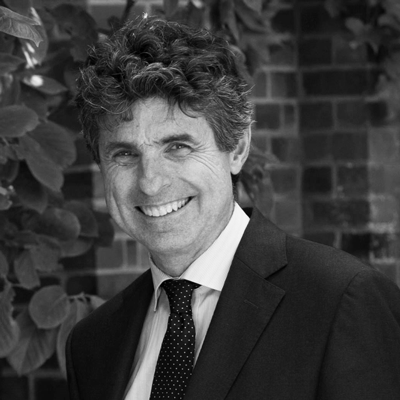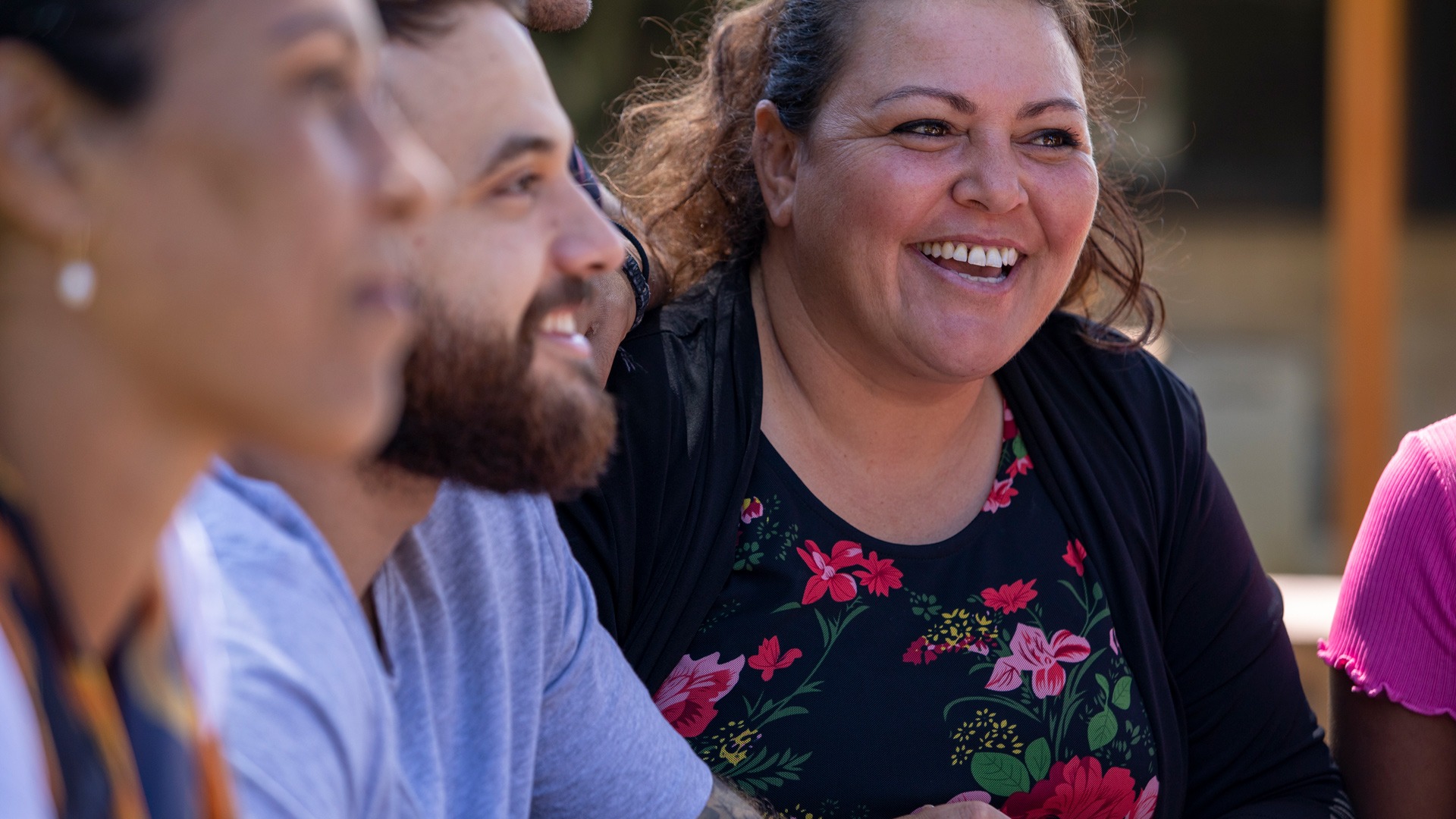What defines a school community?
Is it the students and teachers? Their parents too? A wider array of stakeholders?
And when it comes to voice and influence, how important is it to cast a wide net? To invite in a broad spectrum of opinions and perspectives?
These are all good questions to ask in creating a portrait of modern Australian education.
And they all come into play in the Australian School Education Leaders Sentiment Index.
Designed to take an accurate pulse of a sector that’s undergoing vast challenges, including attraction and retention of staff, this inaugural index marries the results of both comprehensive one-on-one interviews and an in-depth survey with principals across government and non-government schools.
It explores five key themes: professional learning; mentoring and coaching; voice and influence; reputation; and career progression and remuneration.
Together they create a rich portrait of the landscape laid out before Australian education leaders – and a roadmap for how it can look moving forward.
According to Melbourne Girls Grammar Principal and CEO Dr Toni Meath, who features in the Index, a key element of fostering a strong school community is collaboration. “Bringing students, their families, our school stakeholders and the wider community along on our journey is vital,” she says.
This is echoed by other findings from the Index – to be undertaken annually – which found that:
- Education leaders want schools to embrace input and feedback from myriad sources
- They want schools to listen to feedback and incorporate it into how teaching unfolds
- They also emphatically support schools that listen, with intent, to the opinions, thoughts and ideas of students
- Great value is placed on a school that listens to opinions and suggestions from other stakeholders, such as parents, teachers and the wider school community, with respondents believing they shape the students’ experiences.
- As one comment from the Index noted: “It’s crucial that we listen to and engage with our staff, along with our students, parents and the wider community. Those are the key components to a healthy school community; staff, students and parents. We need to keep taking the pulse, to ensure staff feel like they belong, they’re making a difference, they can see that difference in their work, and they feel supported. The same applies to the students in that regard. And usually, if these students go home and tell their parents they’re enjoying school, the parents are happy, too.”
Specific findings from the survey identified that:
- 94% of respondents value a school that listens to the ideas and opinions of its students
- 92% value a school that listens to and responds proactively to other stakeholders
- 90% rated culture as a top priority and drawcard in attracting and retaining staff
They’re strong and consistent messages, which underscore a point raised by Scotch College Perth Headmaster Dr Alec O’Connell – that success in education is about creating and shaping a powerful sense of belonging, and that “schools should be measured more on what our community looks and feels like”.
It’s about recognising a deep-seated desire among education leaders to build and contribute to collaboration and a sense of community, not just among those in attendance at the school day in and out, but those with a personal or invested interest in its success and its future.
As Dr Meath says: “There is a great desire by educators to collaborate and build culture, to contribute to the greater good.”
It’s a point that’s further echoed by Jason Hibberd, Deputy Principal at St Francis Xavier College in Melbourne, who agrees actively fostering a strong, supportive culture is vital.
“For educators, feeling connected with their roles, being supported by their peers, leaders and the wider school community, and being engaged with students, all influence their ability to add value,” he says.
Download the Index and its findings here. For more information, contact Andrew Barr.

Andrew Barr is Practice Lead – Education at Slade Group. He has taught and held Principal positions at schools in Victoria, the UK and Tasmania. Andrew was Regional Director of the Round Square Association, National Chair of AHISA and Director of the Principals Australia Institute. He completed a Bachelor of Economics and Master of Education Studies at Monash University and a Diploma of Education at the University of Sydney. Andrew remains very engaged in the NGO sector, including a focus on improving educational outcomes for First Nations children. Read more…
Andrew Barr
Practice Lead – Education
Tel: +61 400 762 660
abarr@sladegroup.com.au

